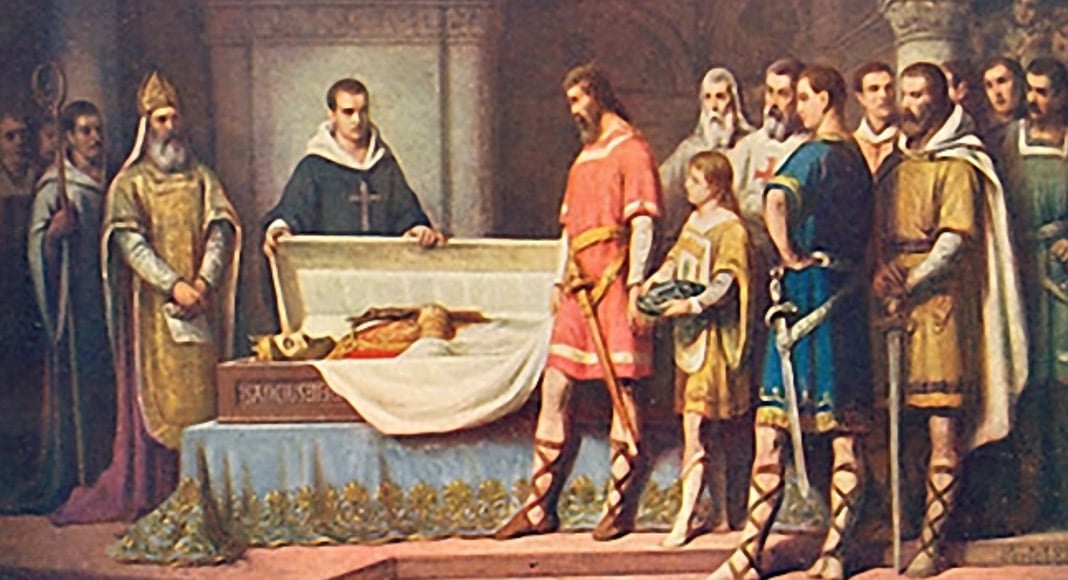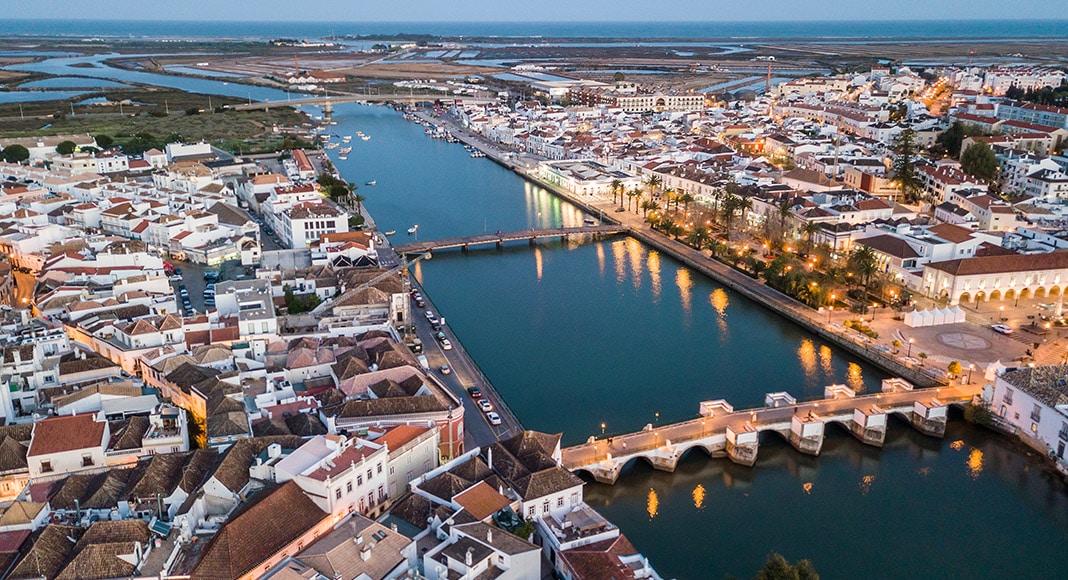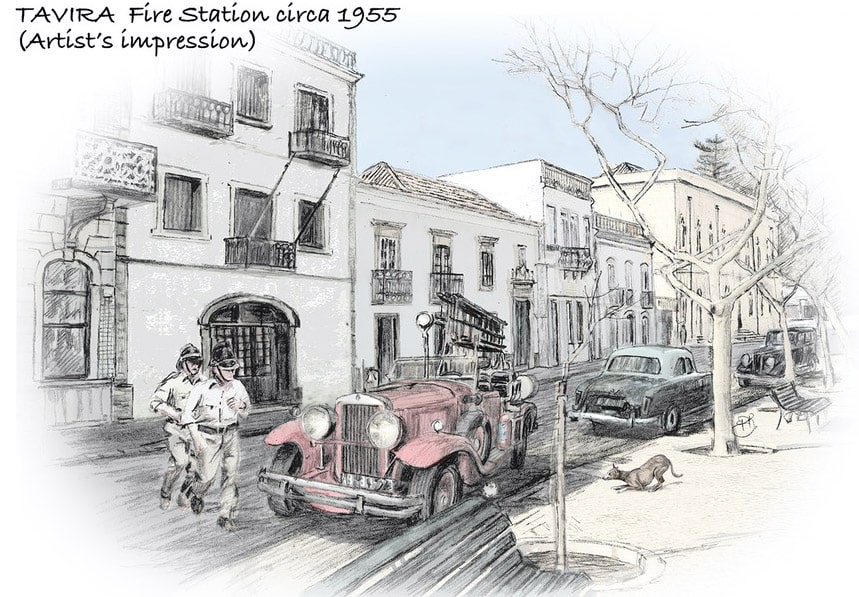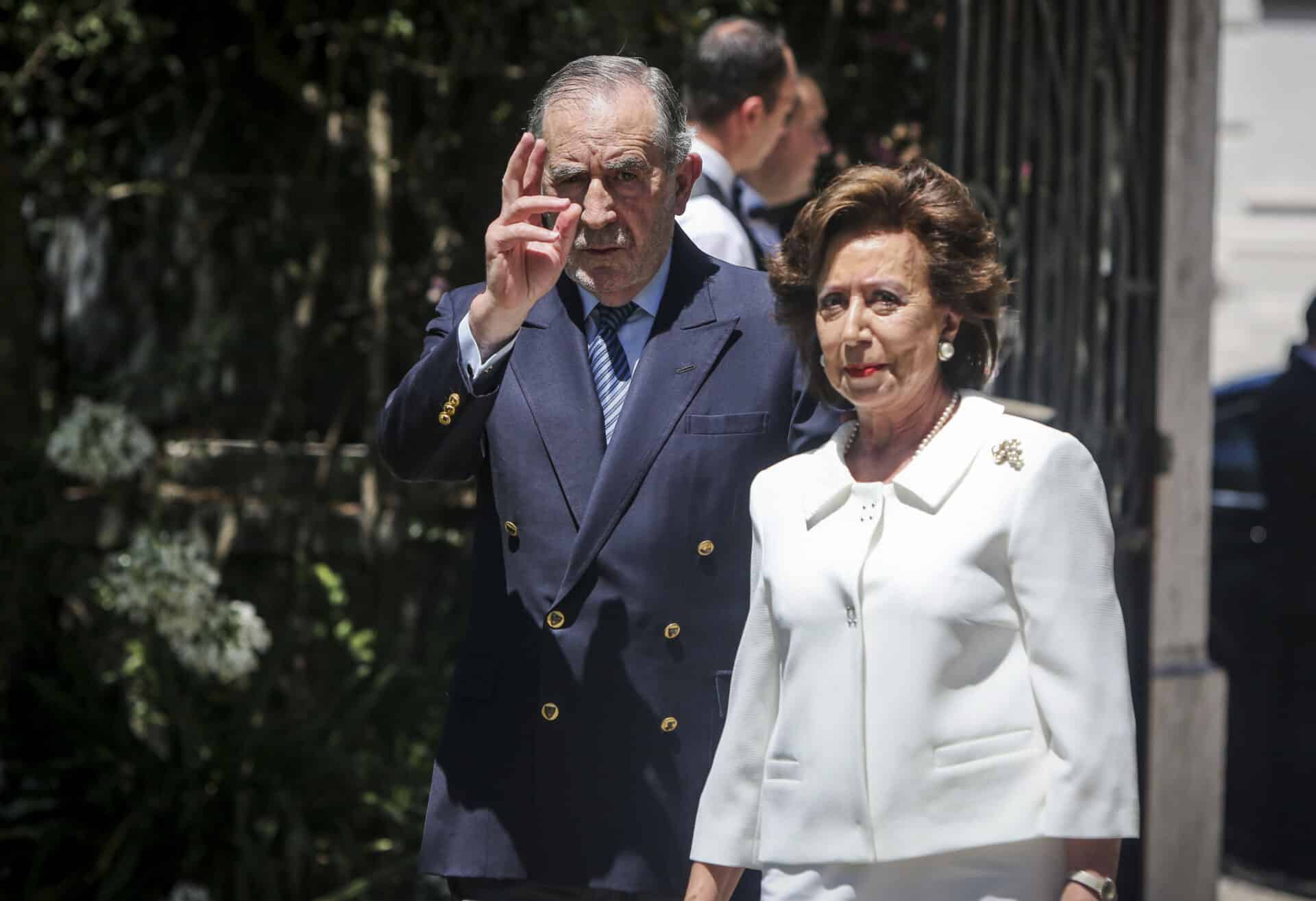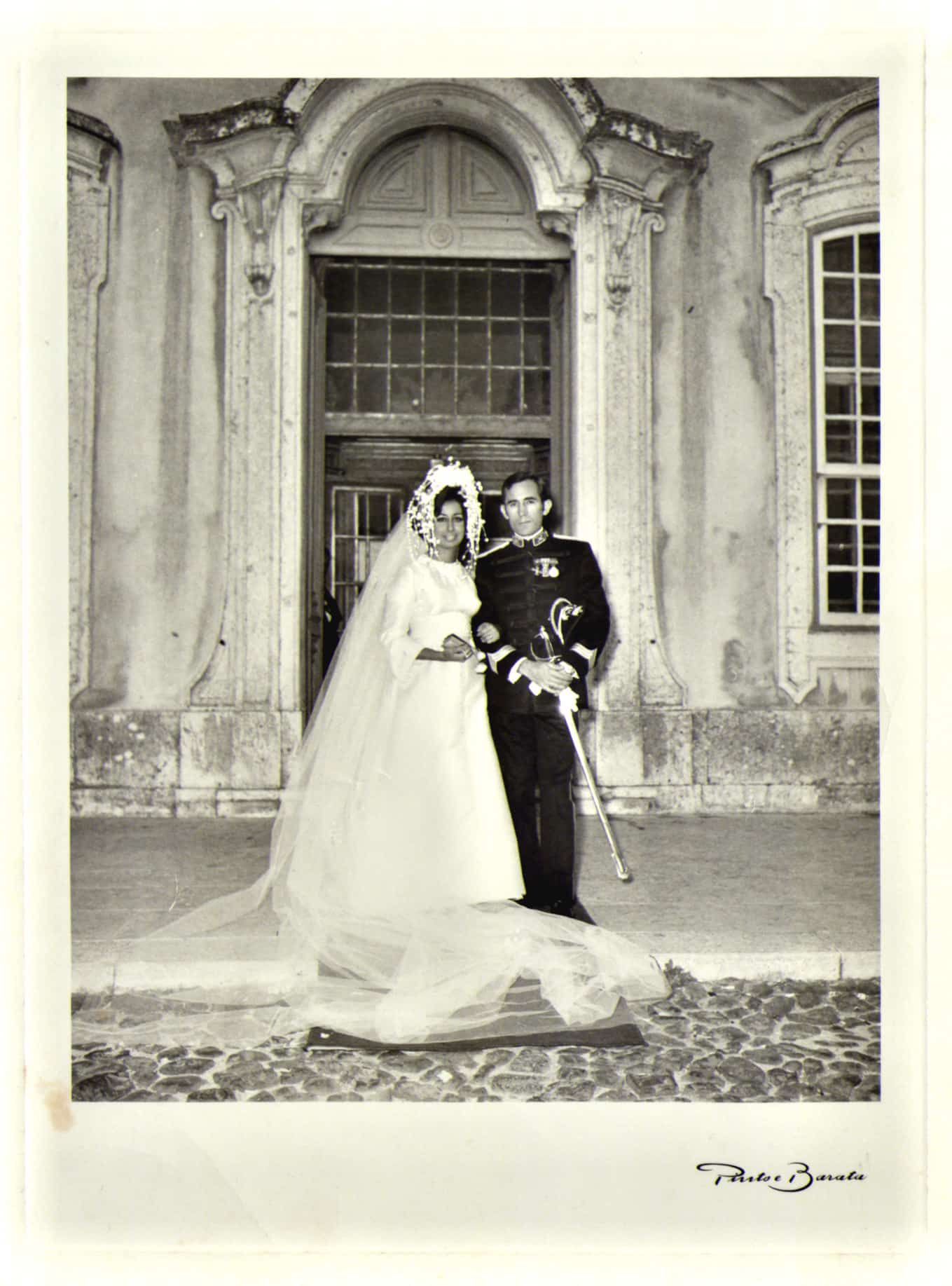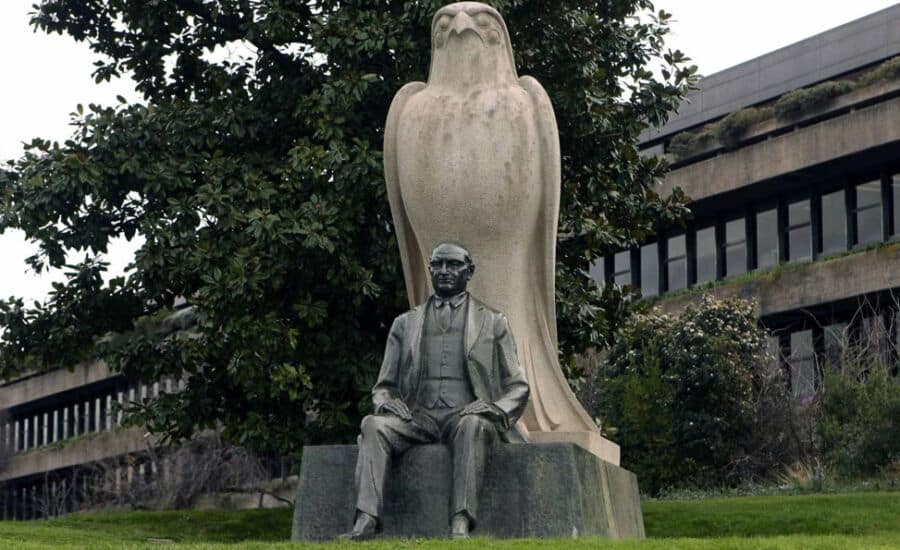The unfortunate D. Sancho II and the Conquest of the Algarve
Few people now remember D. Sancho II (1209-1223-1248), the fourth king of the new kingdom of Portugal. Great-grandson of the founder of the Burgundian dynasty, D. Afonso Henriques, D. Sancho
The tapestry factory in Tavira
The Marquês de Pombal and Industrial Development The aftermath of the Great Earthquake of 1755 left much of Portugal and especially the Algarve in ruins. It also left Portugal under
Recolhimento de São João Baptista de Tavira (1747-1878)
Tavira is replete with churches and the remains of religious buildings, six of which began their lives as chapels to friaries or convents. Some chapels did not survive the state-ordered
António dos Santos Ramalho Eanes – 16th President of the Republic (part 2)
The Presidential Election of 1976 The Carnation Revolution and the opposition to the coup of November 25 had been led by soldiers, and this reality made an immense psychological and
António dos Santos Ramalho Eanes – 16th President of the Republic – Part 1
If there were any doubts that the Carnation Revolution, which ushered in the Third Portuguese Republic, was a military movement, it is perhaps enough to consider the first three Presidents
Francisco da Costa Gomes (1914-2001) – 15th President of the Republic
When General Spínola resigned as President of the Republic on September 30, 1974, there was only one possible choice to replace him. And indeed, Portugal was fortunate that General Francisco
General António Sebastião Ribeiro de Spínola (1910-1996)
Of the 19 individuals who have occupied the office of President of Portugal, only two have served for less time than General Spínola. He was in office for only four-and-a-half
Calouste Gulbenkian Foundation, Lisbon
Calouste Gulbenkian’s nationality was originally Ottoman. He became British in 1902 and lived most of his life in France, so why is his Foundation in Lisbon? When war broke out
Gulbenkian’s road to riches
One of the guiding principles in Gulbenkian’s life was that no one power should have a dominant interest in oil production. When he founded Turkish Petroleum Company (later Iraq Petroleum
Calouste Gulbenkian
The Calouste Gulbenkian Foundation located close to the centre of Lisbon is one of the wealthiest foundations in the world, having inherited its riches from Calouste Sarkis Gulbenkian, the Armenian

